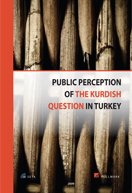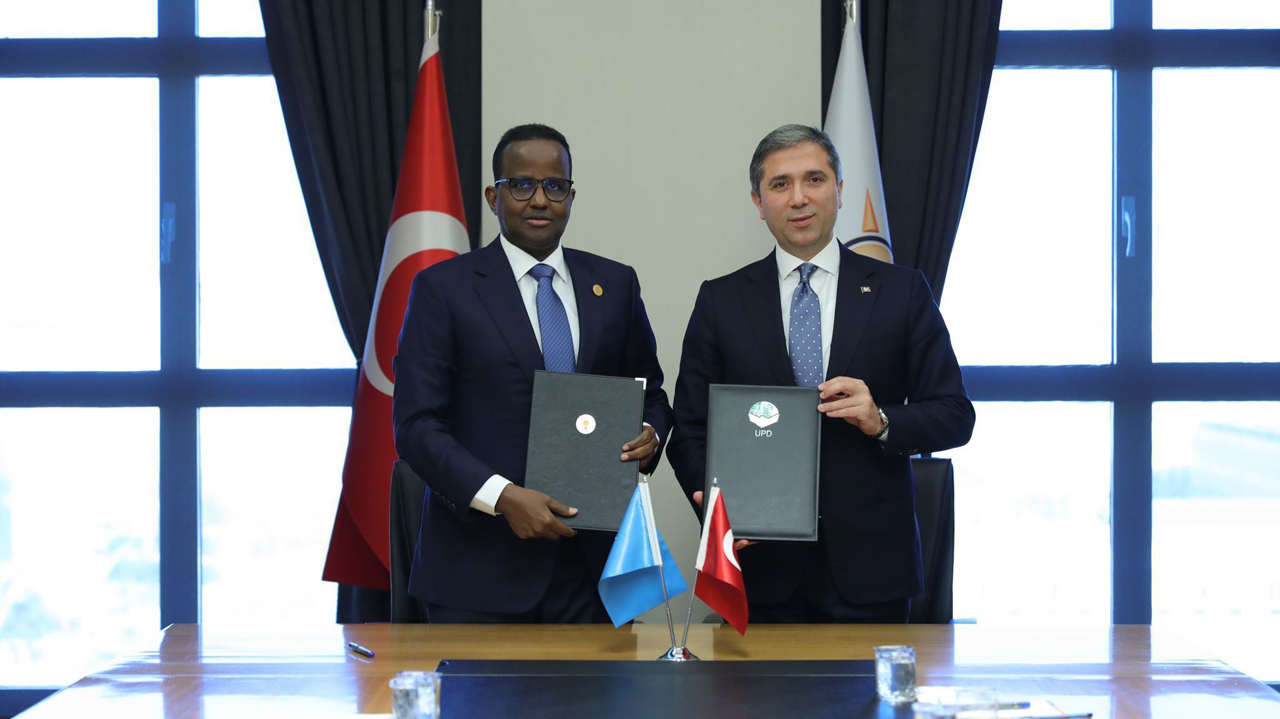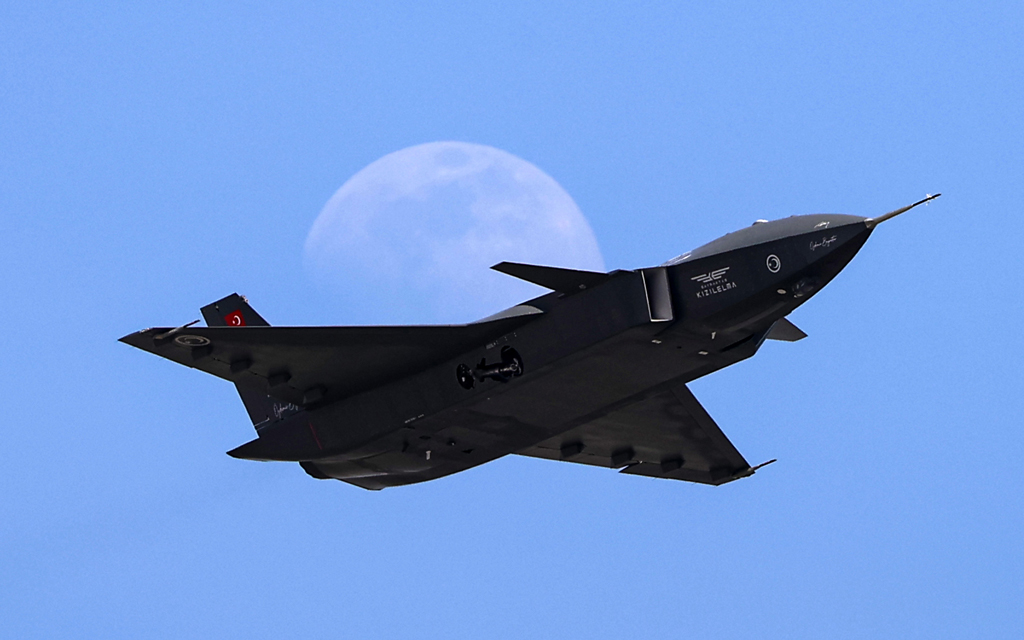President Obama's trip to Turkey April 6-7 is undoubtedly significant. The visit follows Secretary of State Hillary Clinton's trip abroad last month, which included two separate bilateral stops, Israel and Turkey.
Obama's visit this week marks the single bilateral visit on the primarily European agenda. The US president, who spent his 71st day in office en route to London ahead of the G-20 economic summit and amidst an atmosphere of weary NATO members over the recent call to send more combat troops to Afghanistan, has faced an exhausting eight days. As President Obama meets with Turkish Prime Minister Recep Tayyip Erdoğan and President Abdullah Gül, discussion is not likely to be focused on the larger anticipated message to the Muslim world, but more, addressing pressing regional concerns. This week's visit does not resemble the "rescuing" of a long-lost friend of the US because the notion that the relationship is in total dire straights isn't really accurate, but it will be symbolic of a critical step in redefining US-Turkish relations.
Each year concern over the US-Turkish relationship brews in a perennial fashion. Unable to escape this frenzied concern and bouts of tension over a new or old issue, there's always reason for Turkey watchers and analysts of the relationship to remain glued to the edge of their seats. They may understand well the layers of significance, the complexities and the importance of Turkey, not just because of its geopolitical positioning; however, what is even more interesting is that even the policymakers who know very little about the nuances of the relationship also hold on for dear life because Turkey and the US have always been strong allies.
Now that we've identified Turkey as a "bridge," a term that has been used ad-nauseam over the last decade in an attempt to encompass Turkey's regional, global, and cultural importance on issues of security, energy and diplomacy, the time has come to dig deeper to evaluate Turkey's strongest tools: how to sharpen those tools and how to use them appropriately. The two allies must strive to define where strategic interests do overlap and where the region can also stand to gain. While American and Turkish interests largely coincide in Central Asia and the Middle East, there must be an honest assessment, beginning with the acknowledgement that despite these great ties, the two countries' political leadership differs in the style of policies they choose to reach their objectives.
Challenges and expectations
A challenge for Turkey will be for it to overcome its complex and volatile domestic dynamics to achieve its strong foreign policy objectives, especially in the aftermath of recent local elections in which the ruling Justice and Development Party (AKP) suffered losses from winning a 47 percent majority in the 2007 general elections, to taking 39 percent in the March 2009 local elections.
The first order of business is likely to be Turkey's positioning in the NATO alliance regarding cooperation among the political, military and intelligence organizations of Turkey, Pakistan and Afghanistan on regional security issues. Secondly, President Obama may make recommendations to bolster the Caucasus Stability and Cooperation Platform. Also, after the recent buzzword of hitting the "reset" button in US-Russia relations, there may be some discussion over how that could impact Ankara's dialogue with Moscow. Thirdly, Obama may discuss taking steps to aid in a rapprochement between Turkey and Armenia and perhaps suggest that the US work as a special negotiator to resolve the Armenian-Azerbaijani conflict over Nagorno-Karabakh.
Most boldly clashing is Turkey's clear foreign policy position on the Israeli-Palestinian peace process. Turkey's position is to engage Hamas, allowing for an equal seat at the negotiating table. This is a large point of contention between the two allies and one that may or may not be addressed on this visit; however, it may be that Obama sees Turkey's role in a broader Middle East peace fr









